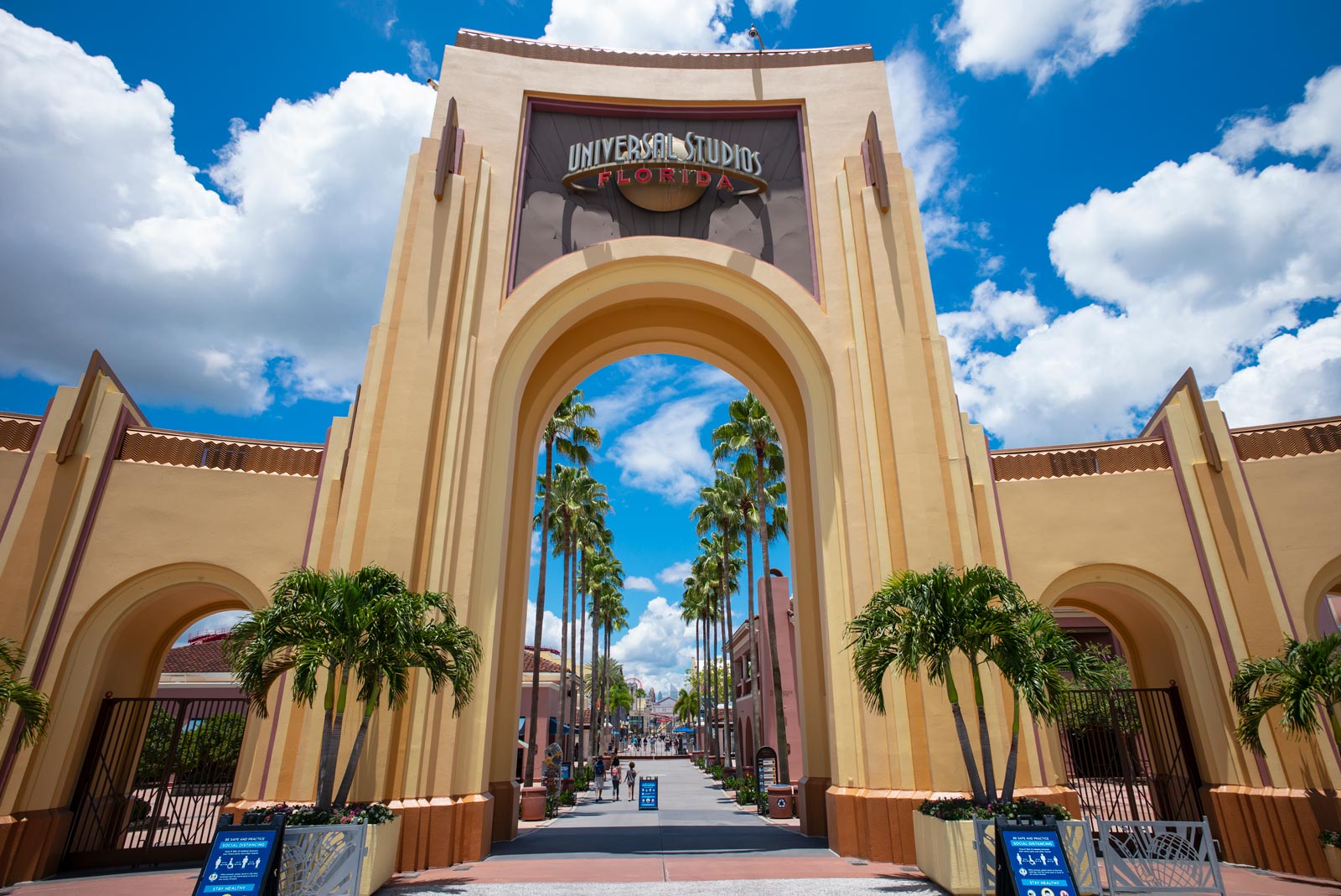The Beatles and the Cultural Revolution of the 1960s
Introduction
This article delves into the cultural and social transformations that defined the 1960s, focusing on pivotal moments and figures from this dynamic era.
The Rise of Beatlemania

Beatlemania not only transformed music but also spurred a renewed sense of confidence in Britain, particularly after their success in America.
A Shift in Music and Culture

Social Movements and Change

The Civil Rights Movement significantly influenced the youth of the 1960s. They learned from its successes and employed similar tactics in their quest for justice.
Major Events and Gatherings

The Emergence of Youth Identity

Conclusion
The 1960s were a decade of revolutionary change, as crucial movements emerged alongside cultural shifts that redefined societal norms. The legacy of this era continues to influence today’s fight for equity and freedom.




